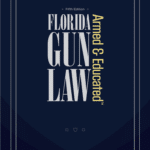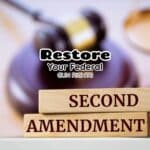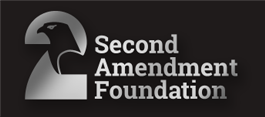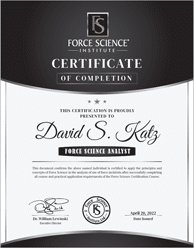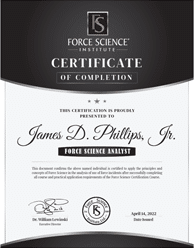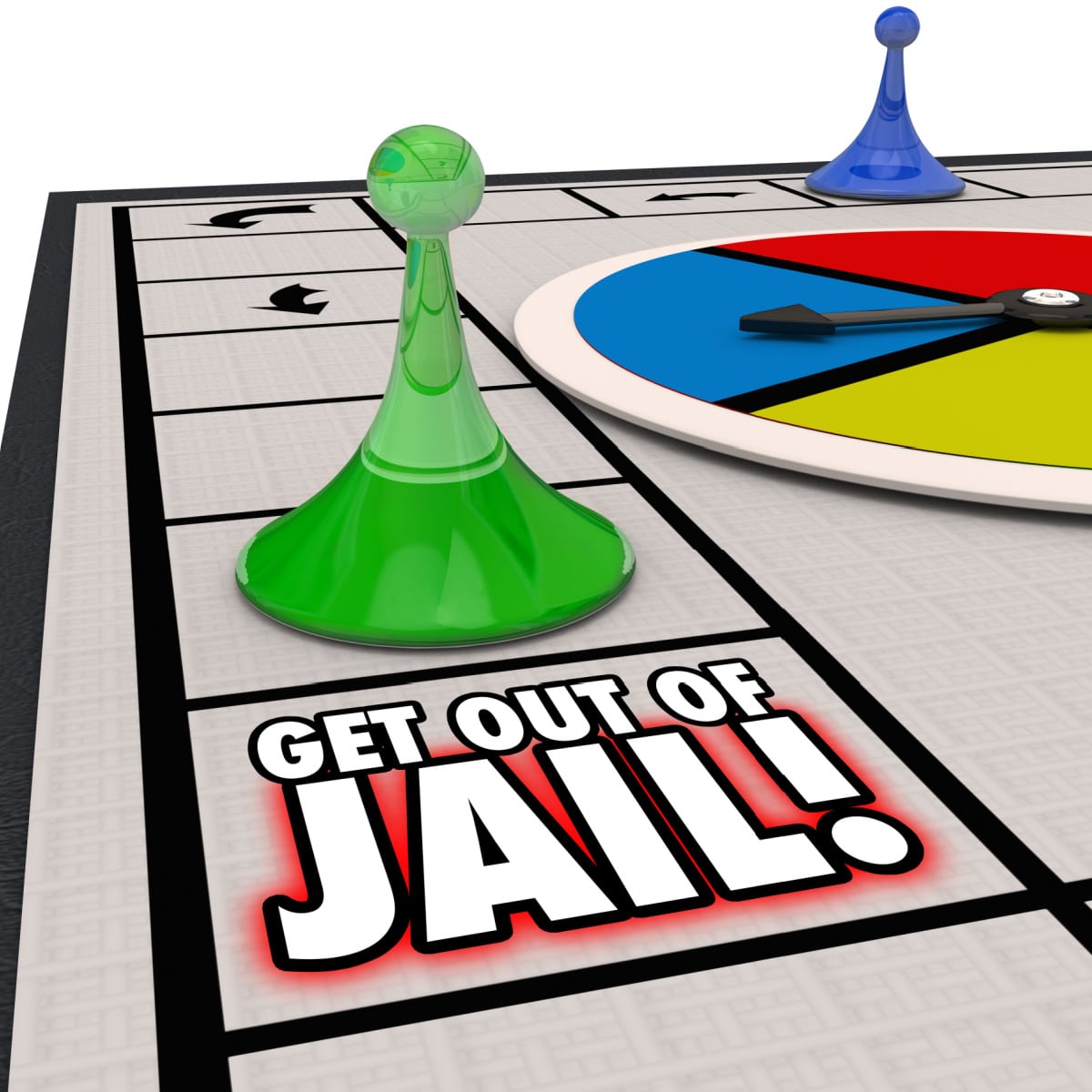
- January 15, 2024
- |
- Uncategorized
What Is a Bail Bond and How Does It Work?
What is a Bail Bond and How Does it Work?
The United States Constitution and the Bill of Rights describe many rights that you are probably familiar with. The first Amendment’s right to free speech, the Second Amendment’s right to bear arms, and Fifth Amendment’s right to remain silent are just a few of the most well-known and frequently discussed. One Amendment which is discussed far less by the public is the Eighth Amendment. The Eighth Amendment states that “Excessive bail shall not be required, nor excessive fines imposed, nor cruel and unusual punishments inflicted.” This article will focus on bail, discussing both what it is and how it will affect those accused of a crime.
State and Federal Constitutional Right
As discussed above, the Bill of Rights tells us that all Americans have the right to be free of excessive bail when accused of a crime. Florida’s Constitution actually takes this right even further. Article I of Florida’s Constitution, the Declaration of Rights, Section 14 states, “Unless charged with a capital offense or an offense punishable by life imprisonment and the proof of guilt is evident or the presumption is great, every person charged with a crime or violation of municipal or county ordinance shall be entitled to pretrial release on reasonable conditions. If no conditions of release can reasonably protect the community from risk of physical harm to persons, assure the presence of the accused at trial, or assure the integrity of the judicial process, the accused may be detained.” This means that in nearly every case that does not include a capital offense (meaning one where a potential penalty is a death sentence) or a crime punishable by life in prison, the person accused of the crime must be granted a reasonable bail with reasonable conditions on bond. The only way the State can deny pretrial release when a person is not accused of a capital or life in prison offense is when the defendant cannot be safely released. This includes defendants who are extremely likely to harm themselves or others upon release or defendants who are unlikely to return for their court dates, perhaps because they have fled prosecution before. It is the State’s burden to prove that a person is not entitled to pretrial release, and it is a difficult burden for them to overcome because a Constitutional right is at play.
What Exactly is a Bail Bond?
In normal financial context, a bond is a promise to pay a specific amount of money. A bail bond similarly is a financial promise. When a person is arrested, they will often be held in jail and assigned a certain amount they must pay in order to be released. This is entirely separate from any sentence or fine given by the court as punishment for a crime, because with bail, the defendant has not been found guilty of any crime, they have only been accused and arrested. If the defendant pays their bail, they will be released from custody. However, there are conditions that the person must obey when released. First, they must appear at all court dates where their presence is required. If they retain a private attorney, they can waive their appearance at many court dates, but not all. Second, in crimes of violence, there is often a No Contact order, prohibiting the defendant from having any contact with the alleged victim. Other common pre-trial release terms include not drinking alcohol or going to bars, not taking drugs, not possessing firearms, remaining within the state or country, and so on. If you show up to all required court dates in your case, the bond money will be returned to you at the end of the case. If you fail to show up for court or if you violate the conditions of release, bond will be forfeited and you will be held in jail awaiting trial.
How Much is Bail?
Bail amount depends on the crime a person is accused of and the county where they were arrested. Different counties in Florida have different bond schedules. These bond schedules tell jails and courts what the standard bond amount is for each possible crime. Most of the time, a person’s bond will be set according to the bond schedule, and they will have the opportunity to bond out the same day they are arrested. Otherwise, they will have to wait to see a Judge in a court date known as First Appearance. During a defendant’s First Appearance, held within 24 hours of arrest, the Judge will set conditions of pretrial release, including bail amount. Bail amount will depend on the severity of the crime the person is accused of. For example, a second degree misdemeanor will typically result in bail being set at a few hundred dollars, depending on the county you are charged in. More serious crimes like first degree felonies, including crimes like murder or kidnapping, will result in much higher bail amounts, if bail is given at all. Bail in these cases can be tens or even hundreds of thousands of dollars. If you are accused of multiple crimes, you will likely have to pay separate bond amounts for each, so if you are charged with 3 counts of a serious crime, and each count results in bail being set at $100,000, your bail will be $300,000 to be released prior to trial. Some cases have seen bond set as high as $2.5 million.
What if You Can’t Afford Bail?
With bail set at thousands of dollars, many Americans who find themselves accused of committing crimes may fear they cannot afford to be released from jail. Without paying bail, even an innocent person accused of a crime may spend months or years in jail before getting to go to trial. Fortunately, there are a couple options available for those who cannot afford bail. First, you can file a motion to reduce bond. You or your attorney can explain to the judge that you cannot afford bond, and that your release does not pose a danger of you failing to appear or risk of you harming yourself or others. The judge may consider things like your employment, criminal history, and whether you have family that relies on you for support. If the judge believes it is appropriate, you may be able to have the bond amount reduced. Unfortunately, you will likely have to wait some time in jail until a hearing can be held on the issue.
The other option when a person cannot afford bond is to pay a bail bondsman. A bondsman will require you to pay a certain percentage of your bond amount to them. The amount is typically around 10% for more serious crimes, but can be more or less depending on the situation and bond agency. This means if bond is set at $50,000, you will typically be able to get out by paying a bondsman around $5,000. The bondsman will then cover your bond, paying the full amount on your behalf. This means that they are responsible for the full amount owed to the court and will not have their money returned to them if you fail to appear. This is why bondsman work hard to ensure defendants they are covering show up to their court dates. Unlike when you pay bond yourself, you will not get any money returned to you at the end of your case if you go through a bondsman.
Do those who live in Florida only during the winter have a right to carry a concealed weapon? Click Here to find out!
Get in touch

"*" indicates required fields
Copyright © 2022-2025 The Firearm Firm All rights reserved.

